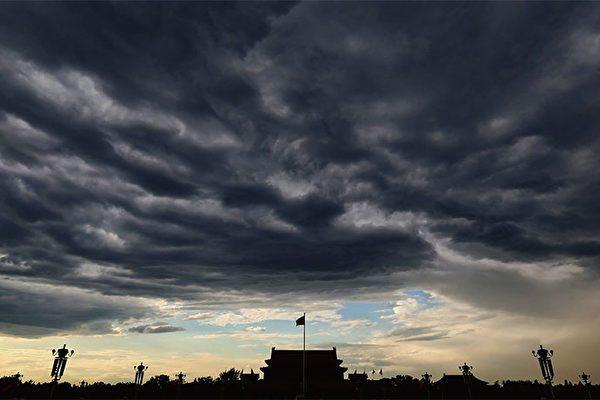News Analysis
Two high-ranking officials in China’s domestic security system have officially become the latest targets of Chinese leader Xi Jinping’s anti-corruption campaign.

Two high-ranking officials in China’s domestic security system have officially become the latest targets of Chinese leader Xi Jinping’s anti-corruption campaign.